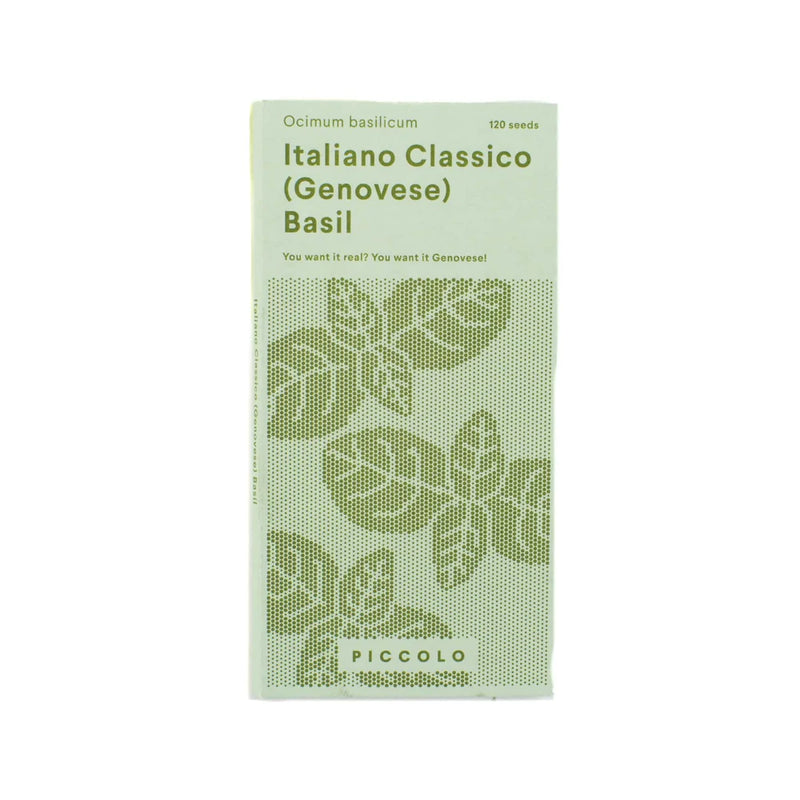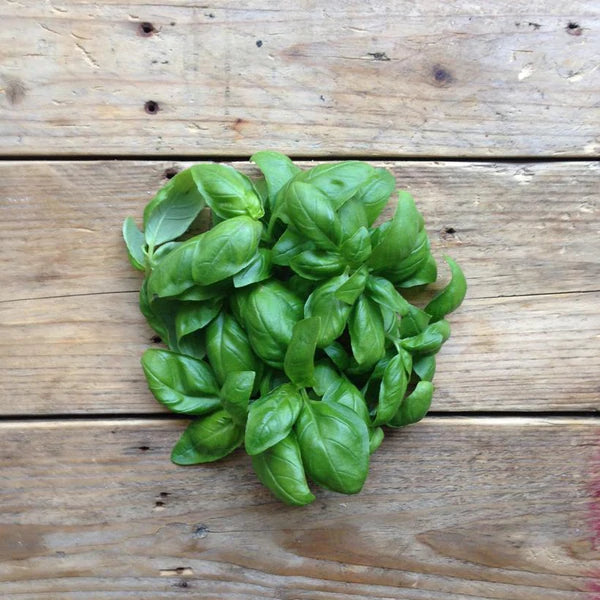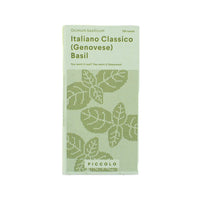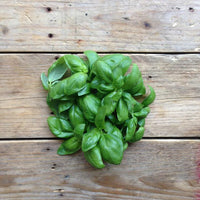Your Cart is Empty
FREE SHIPPING ON ORDERS OVER £100
- NEW IN
- CHRISTMAS
- HOME & LIFESTYLE
- BEAUTY & GROOMING
- KIDS
- BRANDS
- Aaron Probyn
- Aery
- AKT
- Alex Monroe
- Andhand
- Another Studio
- Archivist
- Arwyn Jones Ceramics
- Austin Austin
- Barts
- Baz & Co
- Becksöndergaard
- BIRKENSTOCK
- Black Colour
- Block Design
- Bon Parfumeur
- The Brighton Beard Co
- British Colour Standard
- C.O. Bigelow
- The Completist
- CRA-YON
- DOIY
- Earl of East
- elemen’tary
- Estella Bartlett
- Evermore London
- Falcon Enamelware
- Frill Pet and Home
- GeoCentral
- Gluggle
- Gone Rural
- Haeckels
- Harlie Brown
- HAY
- Herboo
- HKliving
- Homework
- Horosoaps
- Hydro Herb
- IZIPIZI
- Jellycat
- Kalastyle
- Kate Sheridan
- Kinto
- Kitty McCall
- Kit-Cat Klock
- Kleen
- &klevering
- Laboratory Perfumes
- Le Bon Shoppe
- Licia Florio
- Lisa Angel
- Locomocean
- Lottie Day
- MÆGEN
- Madam Stoltz
- Magpie + Peanuts
- Malin+Goetz
- Mellow Mind
- Midori
- Miffy
- Mimi & Lula
- MOA - Magic Organic Apothecary
- Mr Maria
- Müll
- Niwaki
- Ortigia Sicilia
- Ola
- One Hundred Stars
- Opinel
- Palm of Feronia
- Pelegrims
- Pernille Corydon
- Quail
- Salt Studios
- The School Of Life
- Shoreditch Nails
- SHRINE
- Shyla
- Soapsmith
- St Eval
- Sun Jellies
- Sun-San / Salt-Water
- SUNNYLiFE
- TBCo
- Three Potato Four
- Union Of London
- VERDEN
- Verve Culture
- The Vintage List
- Wild Rose
- Wild Yonder Botanicals
- W&P
- YOD&CO
- SALE
- SHOP@GENTLYELEPHANT.CO.UK
- Login





